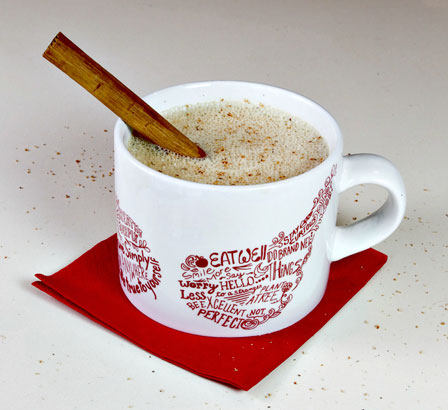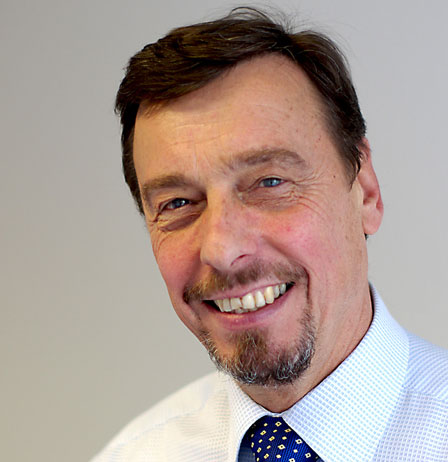Guest Blogs
Knowitall.ch often invites local experts in their field to contribute to their own blogs on our site. This means not only you will benefit from the useful recommendations that we make on our News pages, but you can also profit from some of the great advice and tips that these experts have to make on their favorite subjects. Whilst each of these bloggers has been recommended to us at some point during the evolution of Know-it-all passport and knowitall.ch, obviously we are not able to test out all the suggestions they make on their blogs, nor do we necessarily agree with all their opinions. So if you do find one of their tips useful (or not!), do let us know!
To make these blogs more accessible to you, we have now decided to group them altogether in one section, entitled Guest Blogs, accessible from our main menu bar. We will also post the most recent blogs on the home page of our site in the right hand column.
We are still building up this area of the site, and are looking for bloggers in a number of sections, including Your Home, Travel, and Leisure, so if you feel you have a useful contribution to make in either of these areas, and have the time to submit blog entries approximately every month, then please get in touch!

By Tara Lissner, Swiss Gardening School
Well it is that time of year again, Christmas carols playing all around, the scent of mulled wine in the air, sparkling light-filled trees and all the chaos that comes with the anticipation of the holidays. It is also a time to look back and contemplate the year that was in the garden and look forward to the adventures in store for 2015.
What were your greatest successes, courgettes or roses, mine were the blueberries. Or the biggest disappointments, basil or geraniums, for me this year it has to have been the tomatoes. Taking notes and photographs as reminders of the successes and the failures in the garden is the best way to change and improve things for next year. A gardener’s best friend is the trusty notebook – a hard cover little notebook that slips into your pocket makes a great gift.

By Tanya Jeannet, Rockmybaby
A question we often get asked is “What is the difference between a Live-in Nanny and an Aupair?” They are indeed very different and suitability for your family really depends on your needs and situation. For a stay at home mom who needs an extra pair of hands or for a family that needs a few hours a week whilst parents work, an Aupair is perfect, For a family that needs more hours and sole independent care of their children, a nanny will be more suitable. Some differences between a nanny and an aupair are listed below.

By Hiba Giacoletto, Healthwise
Do you love the taste of Starbuck’s Gingerbread Latte? Here is a healthier version, made with a simplified almond milk and maple syrup as a sweetener. The taste really comes from the combination of spices - if you don’t have one or two of them, that's OK - just leave them out.
Gingerbread Latte
2 tbsp almond butter (made only of ground almonds)
1.5 dl water
1 tbsp maple syrup (or to taste)
1.5 cup hot coffee
1/2 tsp ground ginger + 1/2 tsp ground cinnamon +1/8 tsp ground cloves +1/8 tsp allspice +1/8 tsp ground nutmeg

By Nicola Ogilvie, Just Sew
With Christmas just around the corner what better present to get for that special person in your life who loves to create than a sewing machine? But which one should you buy and where? With prices ranging from 90chf to more than 2000chf it is a difficult decision. For this article I am looking at sewing machines for less experienced sewers - my knowledge comes from me having purchased a range of sewing machines for my classes and for the after school programme that I have taught. For those with considerable experience or special requirements you probably know what you are looking for and are upgrading rather than purchasing for the first time. Please note the following suggestions are only my opinion and others may have very different views.

Remy Siegrist is a man on a mission and his mission is to get you to join his superb crusade and become a Citizen Of Our World. This innovative non-profit association, Citizen Of Our World, was founded in 2009 in Geneva. Its purpose is simple, to encourage everyone to contribute to the well-being of disadvantaged people. He very kindly gave this interview, where he shares his hopes, dreams and aspirations for the association.
Enjoy!
Sunita Sehmi
Sunita Sehmi: Why did you start COOW?
Remy Siegrist: For years I was a donator for various associations, I travelled a lot and what I saw strengthened my belief; that this world needs support from non-profit associations and foundations. But times have changed and just asking people to contribute, not taking in consideration the need for transparency, feedback and results was a definite barrier. So I started to think about new solutions that could answer my concerns. Of course being Swiss I thought one way could be to implement a system of democracy and voting. This subsequently inspired me to combine these 3 factors. I then shared my idea with several trusted individuals and their reactions convinced me to move forward. My initial questions were:






